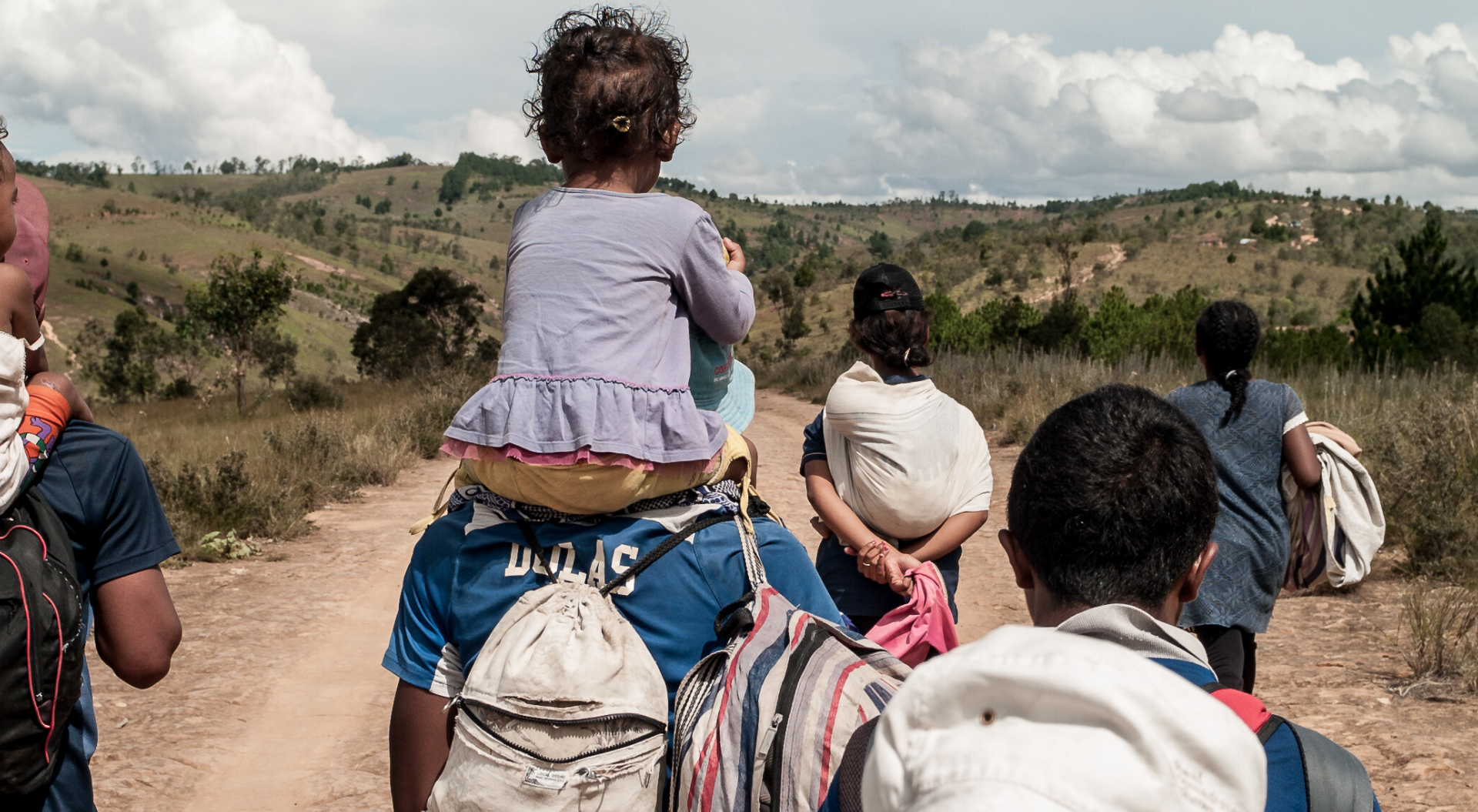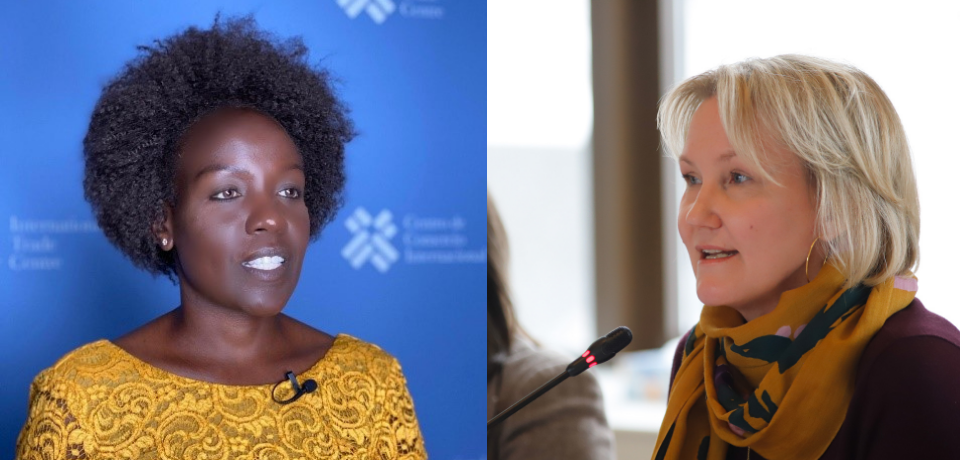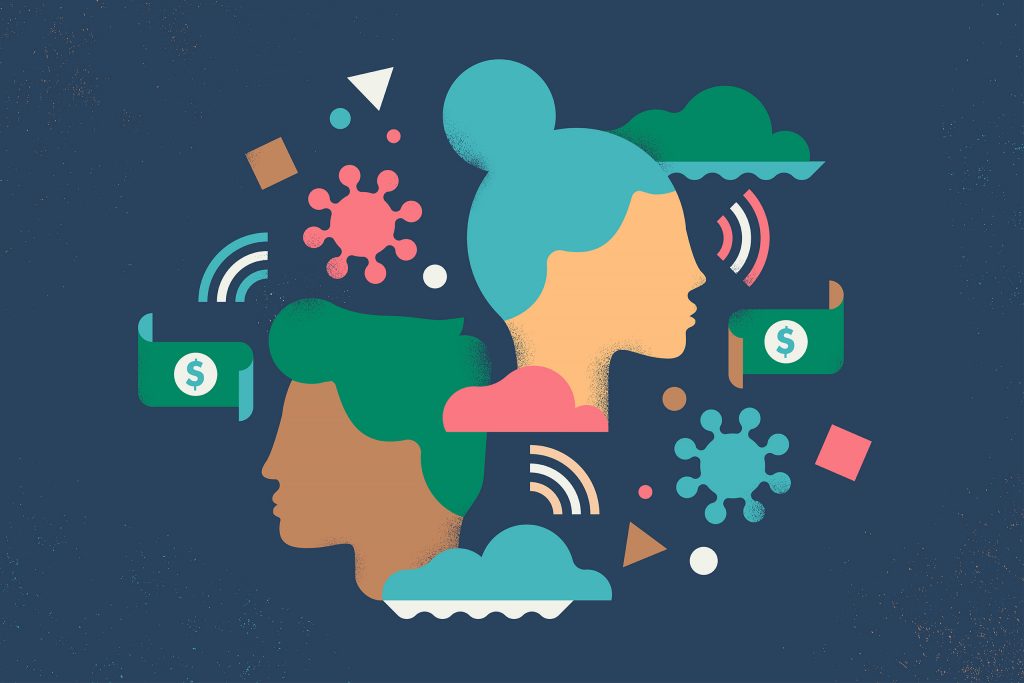Author: Meredith Preston McGhie
BiographyMeredith Preston McGhie
Meredith Preston McGhie has devoted more than 20 years to addressing conflict and instability in Africa and Asia in some of the most troubled situations. From working with the Naga in Northeast India and indigenous communities on the Thai-Myanmar border, to supporting UN efforts in Kosovo, Northern Iraq and several African countries, her work has straddled frontline negotiation, policy and diplomacy.
She became the Global Centre for Pluralism’s Secretary General on October 1, 2019. Most recently, as Africa Regional Director with the Centre for Humanitarian Dialogue, she oversaw the HD Centre’s complex mediation and dialogue efforts in Nigeria, Ethiopia, Mozambique, Sudan, Somalia and South Sudan, among other places. In the Kenyan National Dialogue and Reconciliation Process in 2007-08, she advised the Panel of Eminent African Personalities led by the late Kofi Annan. She has contributed annually to the Oslo Forum, a gathering of the world’s leading experts and policymakers in conflict resolution, and teaches mediation practice internationally.
Ms. Preston McGhie studied military and international history at the University of British Columbia before pursuing graduate studies in global security at Keele University in the United Kingdom.

The pandemic has affected all of us – but in vastly different ways
What we are currently seeing unfold across the United States – the police violence against African Americans, and the ensuing protests against years and years of systemic racism – is further evidence that deep fault lines exist – and persist – in our societies.
While these events take place against the backdrop of COVID-19, they reinforce that we are not affected equally by the pandemic. Some groups are facing the dangers of the virus while, at the same time, contending with ongoing threats of police brutality, disproportionate incarceration rates, failure of justice systems to address systemic racism, and so on.
When we study those who are most likely to face structural inequality and exclusion in society, including state violence, we find a strong correlation with other markers of difference, including race, ethnicity, language, indigeneity, religion, class, gender, age, sexual orientation, and so on.
It is the same case for the pandemic. Those most vulnerable to contracting and succumbing to the coronavirus are the same groups that have historically faced systemic exclusion. Additionally, these groups will likely be most affected long-term by the social and economic impacts of the pandemic.
The underpaid cashier without health insurance, the undocumented worker who is ineligible for government aid and far from home, the refugee in a camp with limited access to health services and sanitation, the newly arrived immigrant without a community network, the socially isolated senior without access to technology, the person without a fixed address who is unable to self-isolate…the list continues.
These fault lines in our societies pre-dated COVID-19, but the pandemic has magnified them. As we look towards recovery, with institutions and economies planning to re-open, we must take action to address underlying inequalities in the world.
Building a future where no one is left behind
To recover from the pandemic and “build back better”, we need solutions that are grounded in pluralism. Pluralism is an ethic of respect for diversity. In a pluralistic society, the dignity of each person is recognized and everyone feels that they belong. Building inclusive societies that respect diversity requires both institutional responses (the “hardware” of pluralism) and behavioural change (the “software” of pluralism).
Building a future based on pluralism requires us to be frank about who our societies have failed. Who has been included in society as a full, participating member, and who has been excluded from the same benefits? Who have we idealized as a desirable citizen, and who have we rejected? Why do those biases exist?
It will be necessary to confront both the uncomfortable truths and societal blind spots about who is being left behind but also to consider what lessons on empathy and connection can inform change.
Pluralism and the pandemic
To help inform recovery efforts, the Global Centre for Pluralism’s new digital initiative, Pluralism and the Pandemic, presents a series of curated analyses and conversations about the impacts of the pandemic from the perspective of pluralism.
We invite contributors from educators, to peacebuilders and business leaders to reflect on the issues of equity and exclusion that have been revealed or exacerbated in their sector due to the pandemic, and the lessons for their work.
The events from this past week have made this work more urgent than ever. These are difficult but necessary conversations that we must have at every level: around the dinner table, in our communities, nationally and globally. The pandemic has reinforced that we live in a global community – what happens to one society affects all of us. It is therefore the responsibility of every individual to become an advocate for pluralism.
As we build a new world, we must make it better than it ever was before.
Stay connected
We hope you will continue to join us as we explore these and many more issues of pluralism and the pandemic in the coming weeks and months. If you would like to get updates when we add new content to the portal, please sign up for our newsletter below.
Should you be interested in contributing, we invite you to pitch us your ideas by emailing [email protected]
Stay connected with us on Twitter and Facebook, by sharing your thoughts and stories using the hashtag #ViralPluralism and tagging @GlobalPluralism




